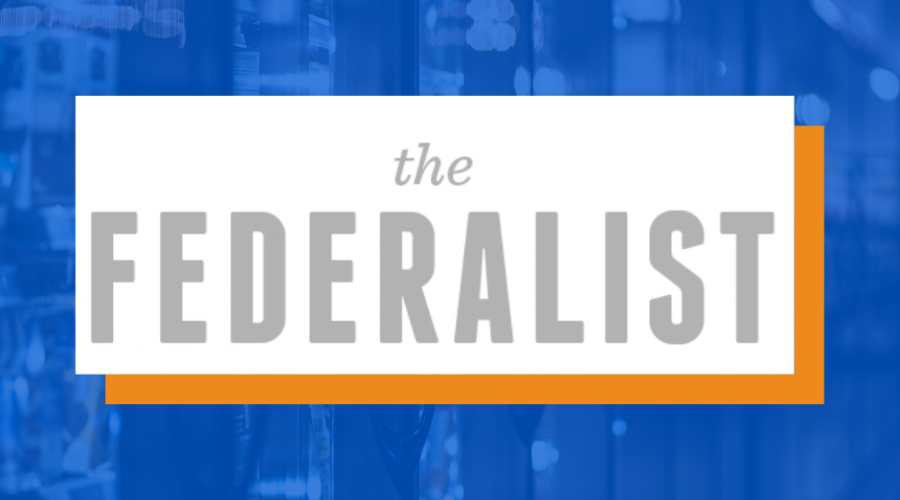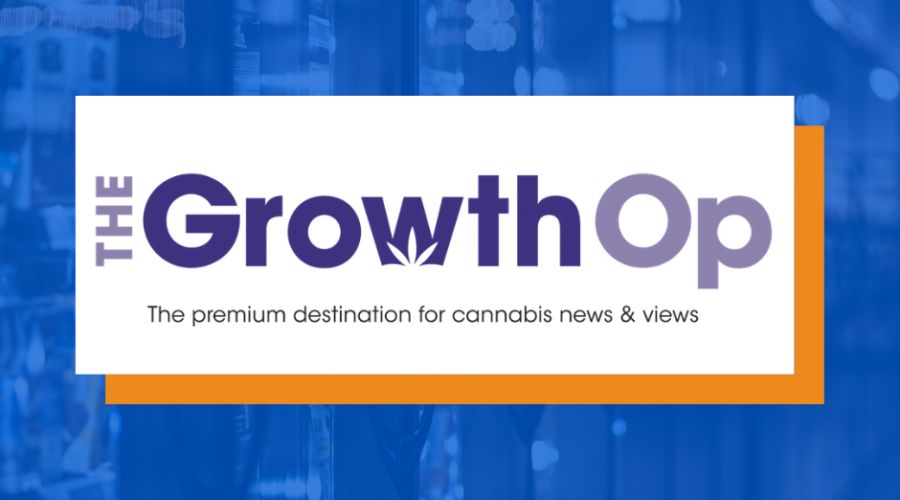Federal attack on patents will hurt innovation
Hundreds of global pharmaceutical manufacturers have narrowed their sights on a vaccine or cure, which is a considerable undertaking in terms of cost.
By speeding up the approval process for any vaccine or drug intended to treat Covid-19, Health Canada has shown that it can be responsive in this pandemic. But, not every decision the federal government has made has been for the better. Especially when it comes to amending the Patent Act and completely sidestepping the patent process in our country, which will have some serious negative externalities.
In amending this law, the government has given itself the power to override patents for drugs, vaccines and medical equipment allowing for manufacturers to create generic copies of patented drugs, without having to negotiate or settle with the patent owners. Only after the fact will patent holders be compensated, at a rate unilaterally determined by the government.
While “sticking it” to Big Pharma may sound fashionable, it will actually end up hurting more people in the end. Suspending patents via compulsory licensing runs the risk of seriously hindering the innovation process that creates new drugs in the first place. Medical innovation is needed now, more than ever, under the threat of Covid-19, and we must pursue it at any cost. What regulators fail to see in their move is that innovation and intellectual property are intrinsically linked and people would suffer without them both.
Hundreds of global pharmaceutical manufacturers have narrowed their sights on a vaccine or cure, which is a considerable undertaking in terms of cost. IP rights are what provide incentives for these manufacturers to create innovative treatments and get a return on their investment to create new drugs. Even modest IP protections ensure that manufacturers recover costs, which allows them to continue the process of heavily investing in research and development. That’s something we should encourage, not erase.
An example of a patented medicine saving the lives of hundreds of thousands, without compulsory licensing, can be seen in the vast expansion and availability of Gilead’s Hepatitis C drug. Under a very extensive partnership campaign, Gilead licenses out their drugs to local partner firms in middle and low-income countries, offering the drugs at-cost. What easily clocks in at $100,000 USD is sold for hundreds to ensure that patients have access – all without upending patents.
Outside of innovation, the federal government’s patent retreat may not even work in the first place. Upending intellectual property rights doesn’t all of a sudden mean that newly permitted manufacturers have the knowledge and resources needed to scale up production. A generic manufacturer, as a result of changes to the Patent Act, may have the formula for a drug, but that doesn’t mean they can simply flip a switch and produce that drug at scale.
Many of these generic manufacturers will not have the proper supply chain infrastructure needed to produce these drugs, and won’t be able to access the active ingredients needed in the face of growing medical export bans. India, one of the world’s largest producers of ingredients for medicines, has already implemented an export ban for 26 pharmaceutical ingredients and products, further compounding supply chain problems for producers of generics.
In that sense, suspending patents is a lot like giving producers of generics the blueprints without access to the tools, labour, or raw materials needed to turn a building plan into a finished product.
While it may sound good to suspend patents in a pandemic, it should be recognized that doing so runs the risk of severely hindering both present and future innovation, which are so desperately needed. Added to that, examples like Gilead’s partnerships in middle and low-income countries prove that upending patents isn’t required to ensure drug availability. Rather than shredding intellectual property rights and patents to respond to Covid-19, the Canadian government should focus elsewhere. Easing the regulatory approval process, fast tracking drugs approved by health regulators in other OECD countries, and eliminating tariffs on medical equipment would have more of an impact.
We all want medical innovation and for Canadians to have access to the care and drugs they need. Let’s not make it more difficult to achieve that with bad public policy.
Originally published here.
The Consumer Choice Center is the consumer advocacy group supporting lifestyle freedom, innovation, privacy, science, and consumer choice. The main policy areas we focus on are digital, mobility, lifestyle & consumer goods, and health & science.
The CCC represents consumers in over 100 countries across the globe. We closely monitor regulatory trends in Ottawa, Washington, Brussels, Geneva and other hotspots of regulation and inform and activate consumers to fight for #ConsumerChoice. Learn more at consumerchoicecenter.org




